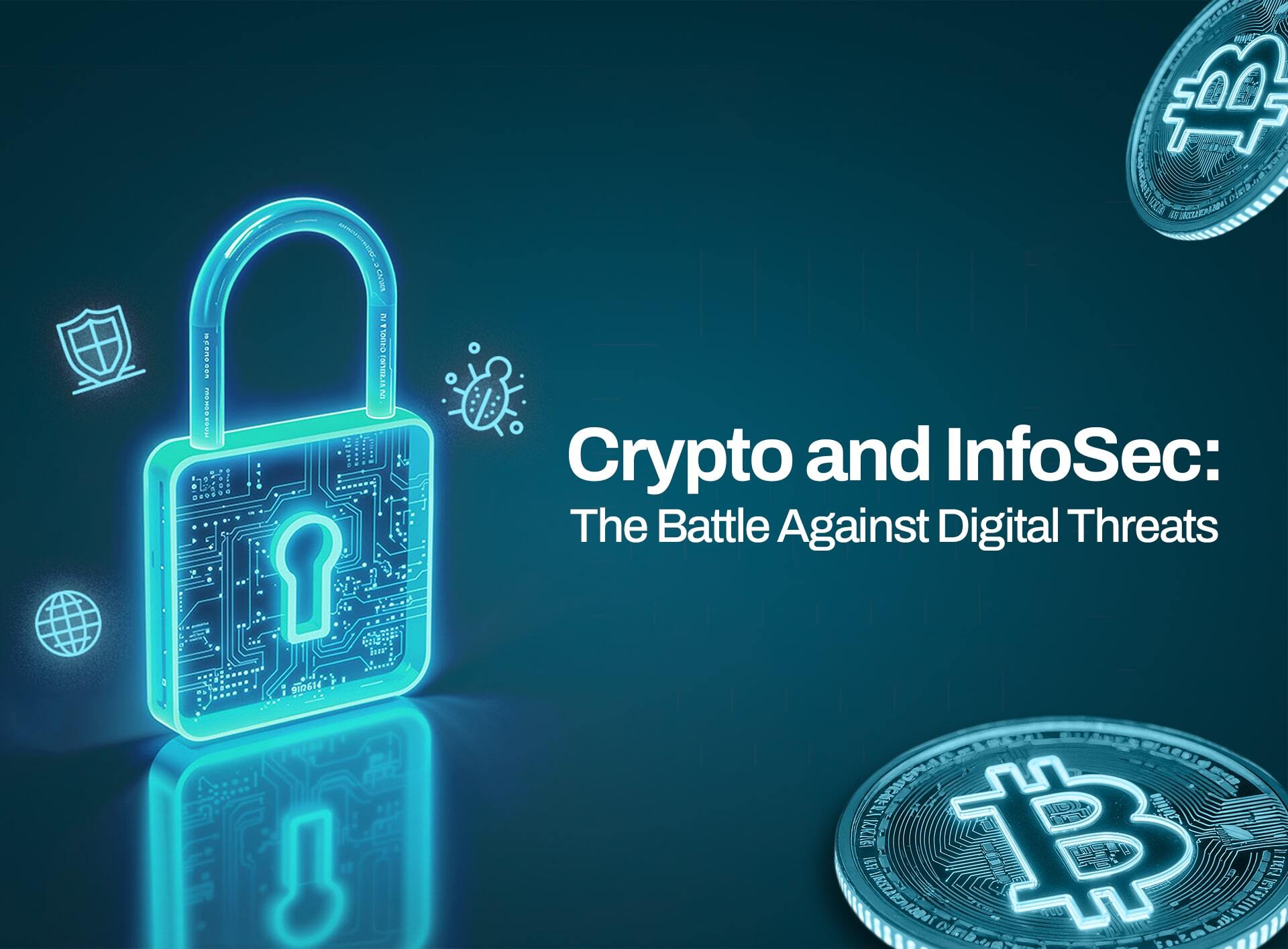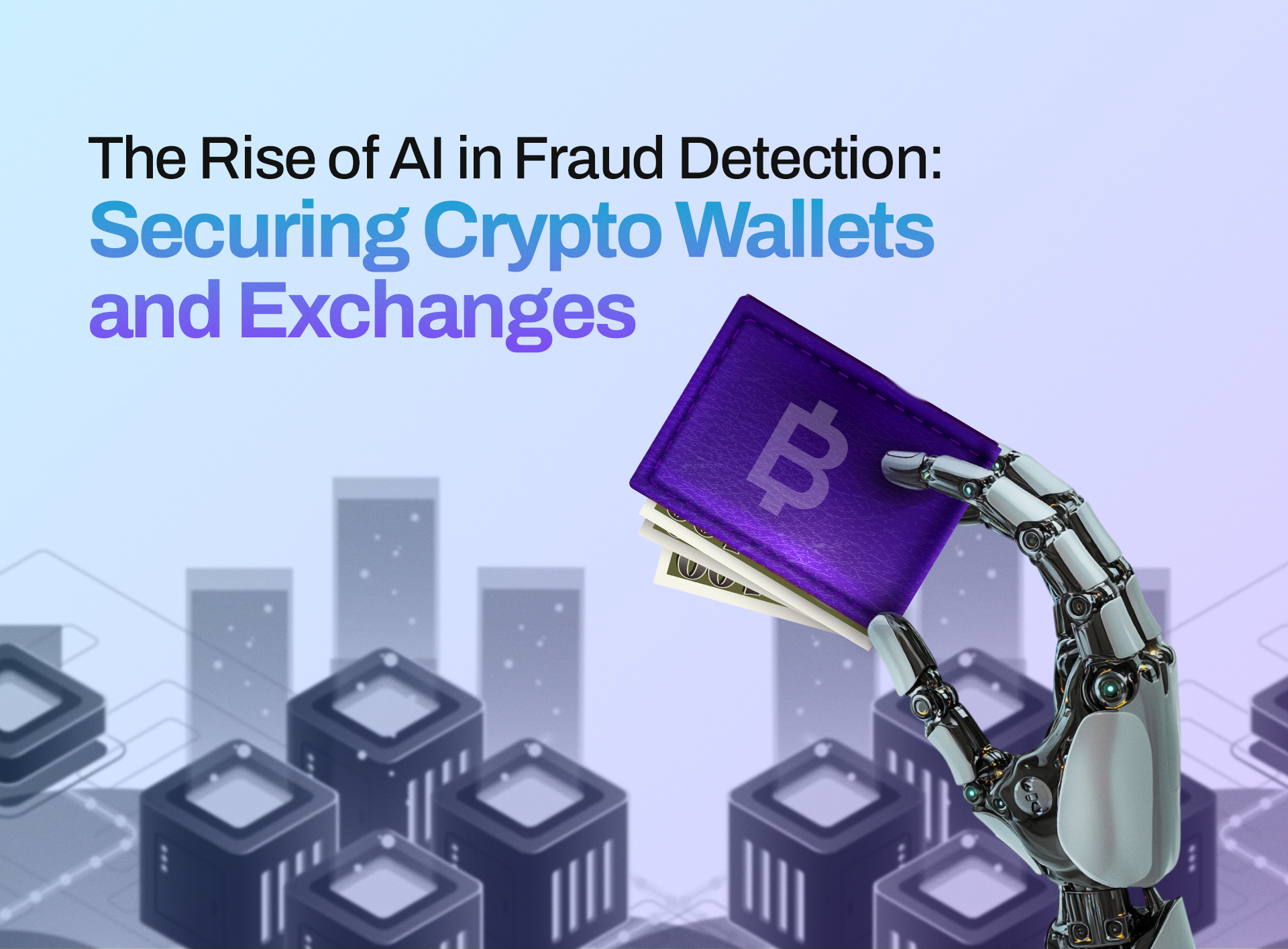Cryptocurrencies have changed the game for how we handle money, but they’ve also opened the door to new kinds of online threats.
From phishing emails to full-on exchange hacks, it’s clear that crypto isn’t just about opportunity; it’s also about responsibility.
As the crypto world keeps evolving, the need for smart security practices has never been greater. Whether you’re an investor or a curious beginner, knowing how to protect yourself is key, and crypto wallet security is right at the heart of it.
Understanding the Digital Threat Landscape
The beauty of crypto is its decentralised nature — no banks, no middlemen, no waiting in line. But here’s the catch: with freedom comes personal responsibility.
Here are some of the biggest threats people in crypto face today:
- Phishing attacks: Fake emails and websites are designed to trick you into giving up your private keys or passwords.
- Malware and ransomware: Sneaky software that can drain your wallet without you even noticing.
- Exchange hacks: Remember the $620 million Ronin Network hack in 2022? Even big players can get hit, which is why personal crypto wallet security is so critical.
- Social engineering: Scammers pretending to be trusted people — sometimes even celebrities — to get your sensitive info.
Strengthening Crypto Wallet Security
A good defense starts with a secure wallet.
Whether you’re using an app on your phone or a hardware device, a few simple habits can go a long way in keeping your money safe.
Software Wallets: Convenience with Caution
Software wallets are popular because they’re easy to use, but that also makes them a common target.
- Always update your wallet app to patch security holes.
- Download from official websites or app stores (no shady links!).
- Turn on two-factor authentication (2FA) whenever possible.
- Write down your recovery phrase and keep it somewhere offline — don’t rely on memory alone.
Hardware Wallets: Fort Knox for Crypto
If you’re serious about protecting your crypto, a hardware wallet is your best friend. These little devices store your private keys offline, safe from hackers.
- Buy directly from the manufacturer, not third-party sellers.
- Keep your recovery phrase somewhere ultra-safe, like a fireproof box.
- Practice recovering your wallet before you need to.
Multi-Signature Wallets: Shared Protection
Multi-signature (multisig) wallets add an extra layer of security by requiring multiple people or devices to approve a transaction.
- Great for joint accounts or companies managing funds.
- Make sure everyone involved follows good security habits.
- Have a plan in case someone loses their access.
InfoSec Strategies Beyond the Wallet
Wallets are just one piece of the puzzle. Here are a few more steps you can take to boost your overall security game.
Secure Devices and Networks
- Keep your phone and computer updated — no skipping those updates!
- Avoid public Wi-Fi when handling crypto.
- Use a VPN to keep your online activity private.
Stay Alert to Phishing and Scams
- Double-check web addresses before logging in or sending funds.
- Watch out for “too good to be true” offers and giveaways.
- Learn about the latest scams so you can spot them early.
Manage Private Keys Responsibly
- Never store your keys or recovery phrase in a note-taking app or cloud service.
- Consider an encrypted USB or even an old-school paper backup.
- Only share access with people you trust — and even then, be cautious.
The Role of Exchanges in Crypto Security
Crypto exchanges are the backbone of the ecosystem, but they come with risks. The collapse of Mt. Gox in 2014, where 850,000 BTC vanished, is still one of the most infamous cautionary tales.
- Stick to reputable exchanges with strong security track records.
- Don’t keep all your funds on an exchange if you’re not actively trading.
- Use features like withdrawal whitelists and anti-phishing codes to add extra protection.
Personal crypto wallet security gives you more control over your funds and cuts down your dependence on third-party platforms.
Industry-Led Security Improvements
As the industry matures, it’s not just regulators stepping up — crypto projects themselves are investing heavily in better security practices.
Leading exchanges and wallet providers are conducting regular security audits, hiring ethical hackers to test their systems, and launching educational campaigns to help users stay informed.
This collaboration between companies and users is shaping a safer crypto environment and empowering individuals to take greater ownership of their own protection.
Regulatory and Institutional Efforts
Crypto has come a long way, and regulators are catching up. We’re seeing more:
- KYC (know-your-customer) and AML (anti-money laundering) checks.
- Transparency requirements for exchanges.
- Innovation in secure custody solutions and crypto insurance.
For regular users, keeping an eye on these changes can help you make smarter, safer choices.
Building a Resilient Mindset
At the end of the day, security isn’t just about tech — it’s about mindset. Treat your crypto like you’d treat your cash, your passport, or your most important documents.
Keep learning, stay alert, and don’t take shortcuts. Your future self will thank you.
Disclaimer: This article was written to provide guidance and understanding. It is not an exhaustive article and should not be taken as financial advice. Obiex will not be held liable for your investment decisions.




